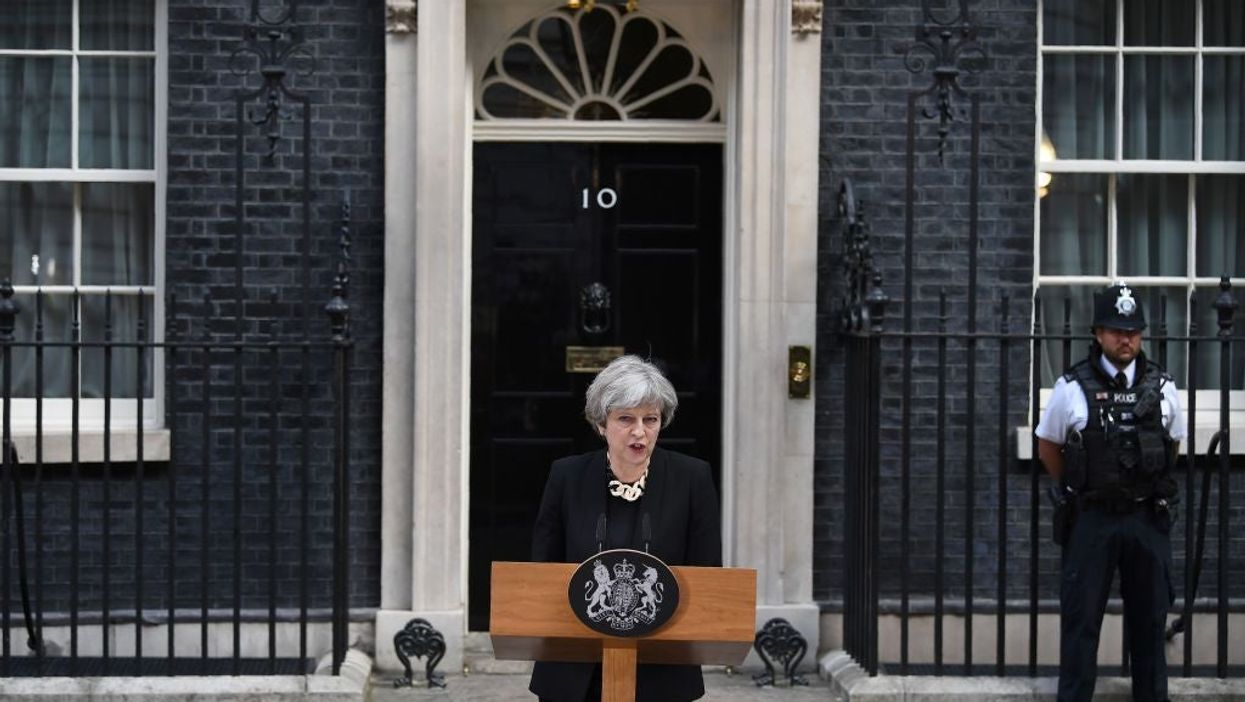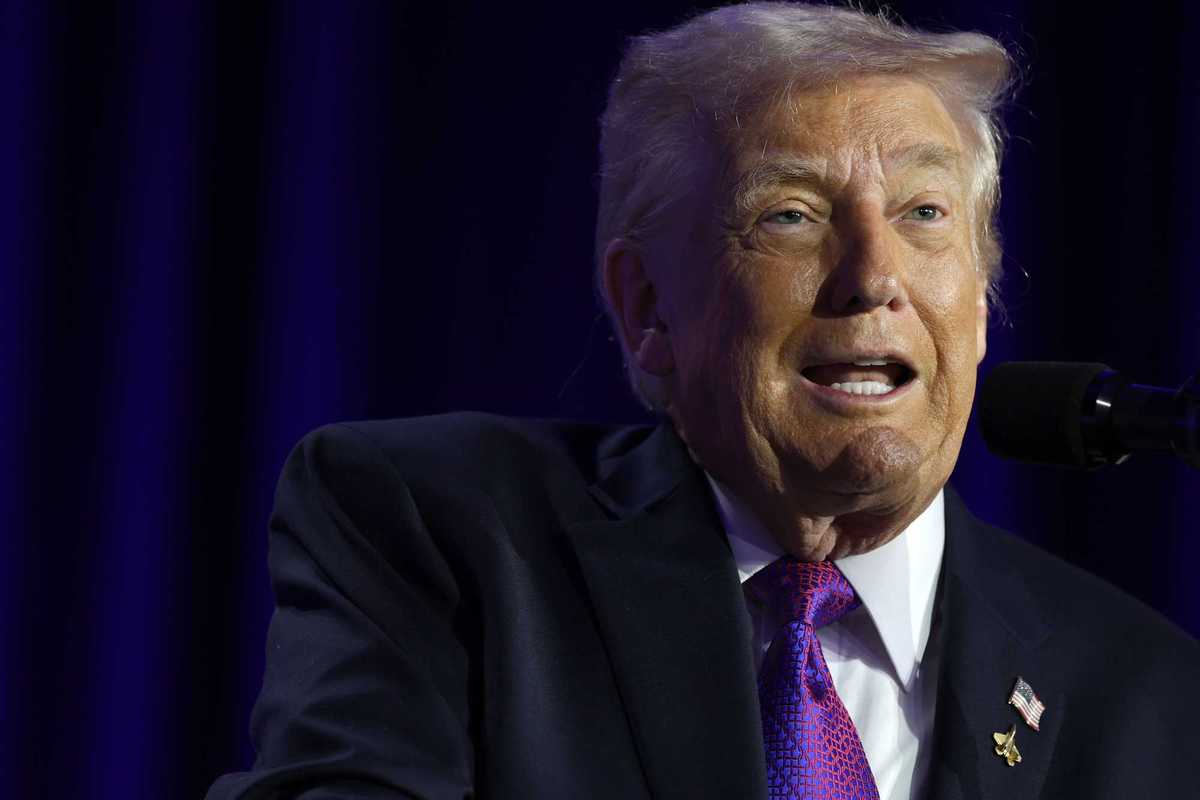In a statement addressing the London bridge attack, the Prime Minister Theresa May confirmed the general election will continue as planned on Thursday.
Following the terrorist attacks at London Bridge and Borough Market, in which seven people have been killed and 48 injured, some called for the vote on 8 June to be postponed.
Actor Anna Friel was among those most prominent calling for a postponement of the election.
Within hours of the attacks a man called Mark Oxley created a petition on change.org asking for the vote to be delayed.
I and I'm quite sure a high percentage of the UK population agree that now is not the time to have a general election, after a second devastating attack I believe it is time to prioritise the safety of our country and it's people, that's why I ask you to call off the general election for the foreseeable future.
However the petition had only 313 signatures as of 12.15pm on Sunday.
#postponetheelection
While the hashtag #postponethelection was trending on Twitter on Sunday morning, most of the tweets were actually arguing that a postponement should not happen.
Traditionally UK elections have not been postponed even when serious incidents have taken place, mainly due to legal difficulties.
The last election to be postponed was the 2001 local election, which was put off due to the outbreak of foot and mouth disease by four days.
The Prime Minister at the time Tony Blair said that it was in order to respect 'the feelings and sensitivities'.
However the announcement of the delay began before aspects of the election schedule were established in law by the dissolution of parliament such as the issuing of writs and the fixing of dates for voter registration and campaign spending limits.
'Parliament no longer exists'
Individual Wesminster seats postponed their polling days in the past. At the 2010 election the Yorkshire seat of Thirsk and Malton postponed their election when the Ukip candidate John Boakes passed away 14 days before the vote.
A vote for the seat's MP was subsequently held on 27 May.
Under current rules published by the Electoral Commission, if an independent candidate dies before polling day, the vote will continue as normal.
If they are elected a re-election is held.
If a party candidate dies the election is stopped immediately, even if the poll or the count are underway.
Under the Representation of the People Act (1985), a general election will be postponed by two weeks if the monarch dies between the date of the vote, and the date at which parliament was dissolved.
The Brexit Secretary David Davis, speaking on the BBC before the Prime Minister's statement, said:
I'm not sure it can be legally done... Who's going to do that? Parliament no longer exists...
I think we're locked in to June 9. I think actually the public would want us to be locked in to June 9.
Who is and still isn't campaigning
The Conservative Party was the first to announce it would be suspending it's election campaign in light of the attacks.
In her statement outside Downing Street, May, who is also leader of the Conservative Party, stated that campaigning would resume on Monday.
The Labour Party also suspended its campaign, but its leader Jeremy Corbyn said it would be restart this evening.
A spokesperson for the Scottish National Party similarly said national campaigning would cease, but campaigns at local level would go on.
In a defiant statement the Leader of the UK Independence Party Paul Nuttall said his party would not stop campaigning.
Nuttall stated it was intended to show that terrorism could not disrupt British democracy.
Tim Farron, the leader of the Liberal Democrats concurred with the Prime Minister that the general election must take place on Thursday.
In a statement which was shared on Twitter, Farron said that the party's national campaign would be suspended for a 'short while', but that local level campaigning 'can and must continue'.
This distinction between local and national campaigning has also been made by Labour, and the Conservatives.
Mayor of London Sadiq Khan was among those saying that campaigning must go on.
Elections are a wonderful thing and that’s one of the things that these terrorists hate and one of the things that we can do to show we’re not going to be cowed is by voting on Thursday and making sure that we understand the importance of our democracy, our civil liberties, and our human rights.
He added:
I’m not an advocate of postponing the election.
I’m a passionate believer in democracy and making sure that we vote and that we recognise that actually one of the things these terrorists hate is voting, they hate democracy, they hate elections, and the public choosing who should be our leaders rather than leaders being imposed on us.
That’s why I’ll be voting on Thursday.
More: What we know and what we don't about the London Bridge attack














